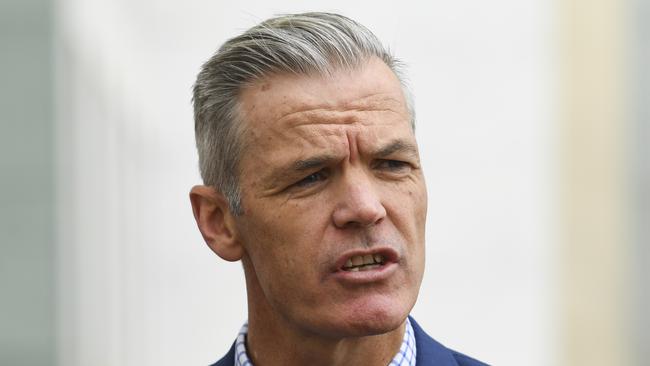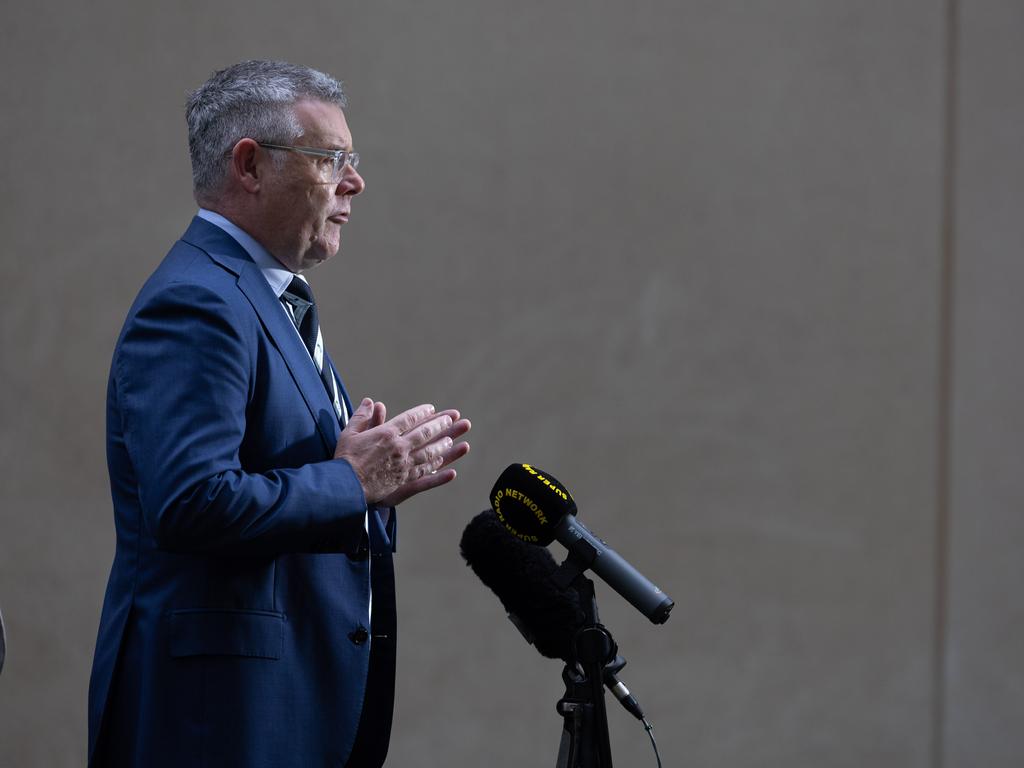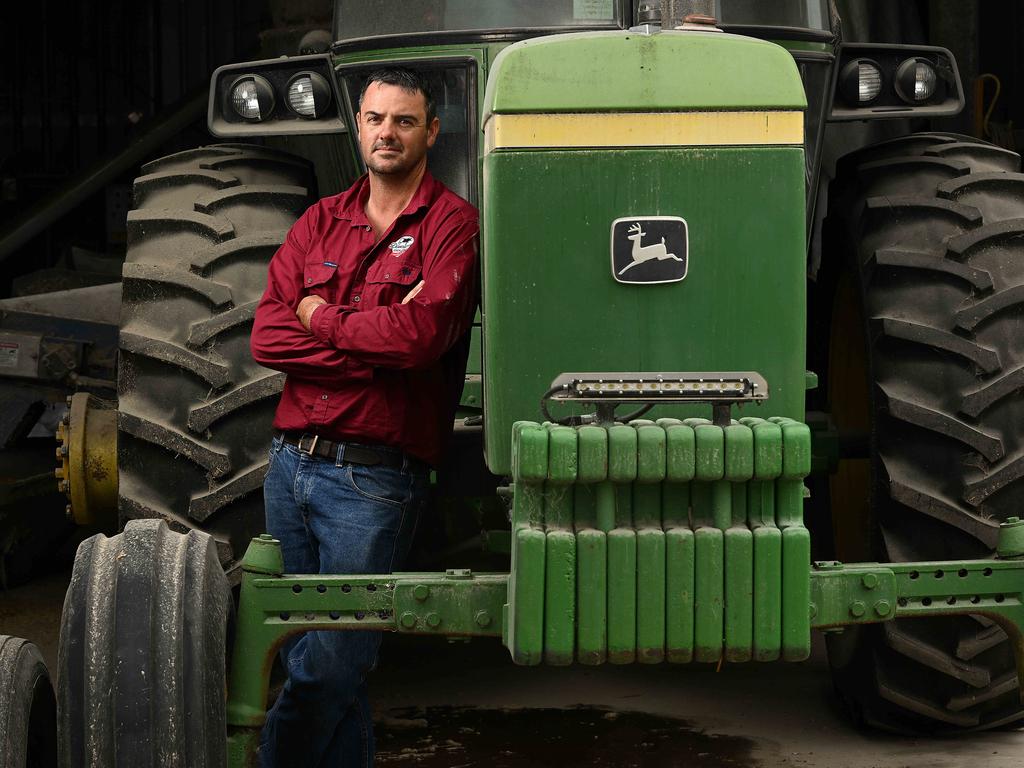Farmers have roundly rejected the government’s biosecurity funding overhaul
The government wants to collect a sum of $250 in levy payments from an entire agricultural sector to pay for border biosecurity. But opponents of the policy say it won’t even cover the cost of collecting the funds.

Farming organisations have criticised the Albanese government’s “clumsy, lazy” biosecurity funding overhaul as it was revealed the department has not come up with a levy-collection model just weeks away from its supposed implementation.
Food producers have roundly rejected the legislation, which has passed the lower house, and would see agricultural sectors contribute a proportion of their value to fund border biosecurity protection measures from July 1.
That includes an entire sum of $250 to be charged to the niche deer meat sector, which Coalition senators argue will not even cover the administrative costs needed to recover it.
A branch of the fishing industry, described in government documents as “other fisheries”, is expected to pay a sum of $13,000 a year, but the seafood industry’s own representative body does not know who it refers to.
Under questioning during a Senate committee hearing on Tuesday, Department of Agriculture, Fisheries and Forestry officials said they did not know how to recover the money from some producers and were yet to engage with several of the industries expected to pay the levy.
“I honestly don’t think you guys are ready,” Nationals senator Matt Canavan told the officials.
“You’re struggling to convince me that you actually have a proper plan within 70 days to charge proper amounts to very small industries.”
Under the funding model, importers would contribute $363m through increased fees, taxpayers would cover $350m and farmers would pay about $50m.
Agriculture organisations from various sectors – including seafood, grains, dairy, beef, sheep, horticulture and wool – addressed the committee on Tuesday and called for the policy, which was announced in last year’s budget, to be scrapped, or at least delayed.
They said the manner in which the levy would be collected was still unclear, and the government’s consultation process had been flawed.
National Farmers Federation chief executive Tony Mahar said producers already paid significant levies to fund industry-backed biosecurity measures.
“If the sector had more confidence in direct measures these funds would go towards, they would happily consider paying more,” Mr Mahar said.
“We don’t know where this funding is going. We object to it from a policy perspective. This is clumsy, lazy policy.”
Independent senator David Pocock and Greens senator Peter Whish-Wilson expressed misgivings about the decision to levy agriculture sectors to fund a 6 per cent portion of it, instead of funding it from consolidated revenue or higher fees for importers.
“It ($50m) seems like a very small amount of money to go to all this effort,” senator Pocock said. “Why not (fund it from) general revenue? Biosecurity is a benefit to all Australians.
“We’re talking $50m here. The government recently announced they were spending $40m on ads to explain the stage 3 tax cuts. I’m trying to understand why we are going down such a path to burden industry for the sake of $50m.”
Agriculture Minister Murray Watt has previously defended the funding model, saying it shared the cost of border protection between “taxpayers, risk creators and the direct beneficiaries of the biosecurity system”.
Farmers have argued it is unfair to tax them for a risk created by importers bringing foreign products into the country.
Senator Canavan said farmers were not the only direct beneficiaries of the biosecurity system, using the example of a tourism operator in a national park.
The NFF has declined an invitation to join the proposed Sustainable Biosecurity Funding Advisory Panel, which was due to meet later this month, saying it did not want to give the panel credibility by supporting it.








To join the conversation, please log in. Don't have an account? Register
Join the conversation, you are commenting as Logout